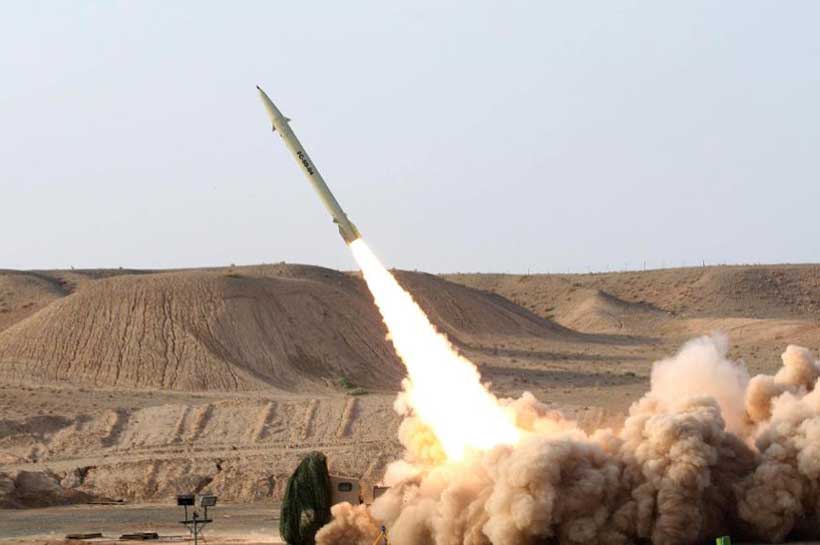For Iran, international sympathy dissolved all very quickly. Ukrainian International Airlines 752 was downed by a surface to air missile; moments after it took off from Tehran. Such is the nature of modern news coverage; the crash did not find space until Tehran admitted a catastrophic mistake on its part. Victims from flight 752 had to wait until the next morning for attention after crash; President Trump made a stride towards de-escalation while the Canadian Prime Minister first declared that Iran was behind the blunder. Events swung dramatically, in a span of few days, sympathy turned into protests; Iranian people found their government more hostile than foreign forces. For years, the West has continuously manufactured a troublemaker tag for the regime; latest events have testified the “rogue-ness” of a nation that now stands at crossroads.
In its own words, an admission of “unforgivable mistake” was quickly judged as an act of de-escalating the US-Iran rift. Both Iran and the United States dusted it off very well, the Islamic regime claimed that revenge had been sought without killing a single soldier, whereas the US determined such events as Iran’s giving in gesture. For both countries, the fate of flight 752 came as a surprising sacrifice to help situational matters. Iran’s acceptance went well with other western nations; unlike how the Russians dealt with a similar tragedy, the regime can be looked upon as a lesser aggressor. If decades of experience of dealing with Khomeini successors did not warrant its intentions; it has now. Iran can be deemed as a satisfactorily peace-seeking nation. Rusting military expertise with a heightened sensitivity to claim a safe spot is a valid evidence. Adding to it, the unusual combination of hollow threats and the agility to escape a challenging situation, satisfactorily distinguishes Iran from a terrorist network. Hassan Rouhani, the President of Iran has promised to punish the culprits in an attempt to save faces.
Months before his assassination, Qassem Solemani himself testified numerous escapes from Israeli air raids. In May 2019, the United States had officially ordered its equipped battleships to raid the Gulf, in order to scan Solemani’s whereabouts. The military leader was not killed in hesitation; his assassination plot lived on a wishful ambition that President Trump eventually delivered. Hence, the outpour of millions at his grave. Solemani was prized by his regime; his skills, leading to strategic warfare was exceptional. The fact that the United States finally got his blood, sent shockwaves into Iranian administration. It was exceptional but more so an intolerable truth to swallow.
Such was the euphoria leading to his death, more than his crimes being highlighted, global attention drifted to the legitimacy of killing a leader on a foreign soil. Circumstances arrested significant nations from taking sides; the standoff witnessed how divided the world really has become. Tensions between an uncharacteristic Trump administration and the untamed Iranian regime was well anticipated; the possibility of it happening anytime soon was not. For many decades, the American leadership had safely ignored Iranian adventures; Iran had successfully become a policy hallmark in the Middle East. Unlike other Middle Eastern regimes, Iran came across as thoughtful, rational and co-operative at times. That dynamics has now changed, Iran will no longer sleep peacefully over past trade-offs with the United States. Luckily, for President Trump, his Iran card has bolstered for good. The events that led to Solemani’s death has penetrated into Iran’s deeper problems, like its military capabilities. Next time when Iran speaks, the world will realize its shortness of breath. Next time when President Trump tweets, the world will take him seriously, more than ever.


